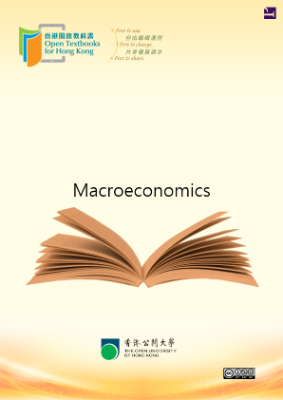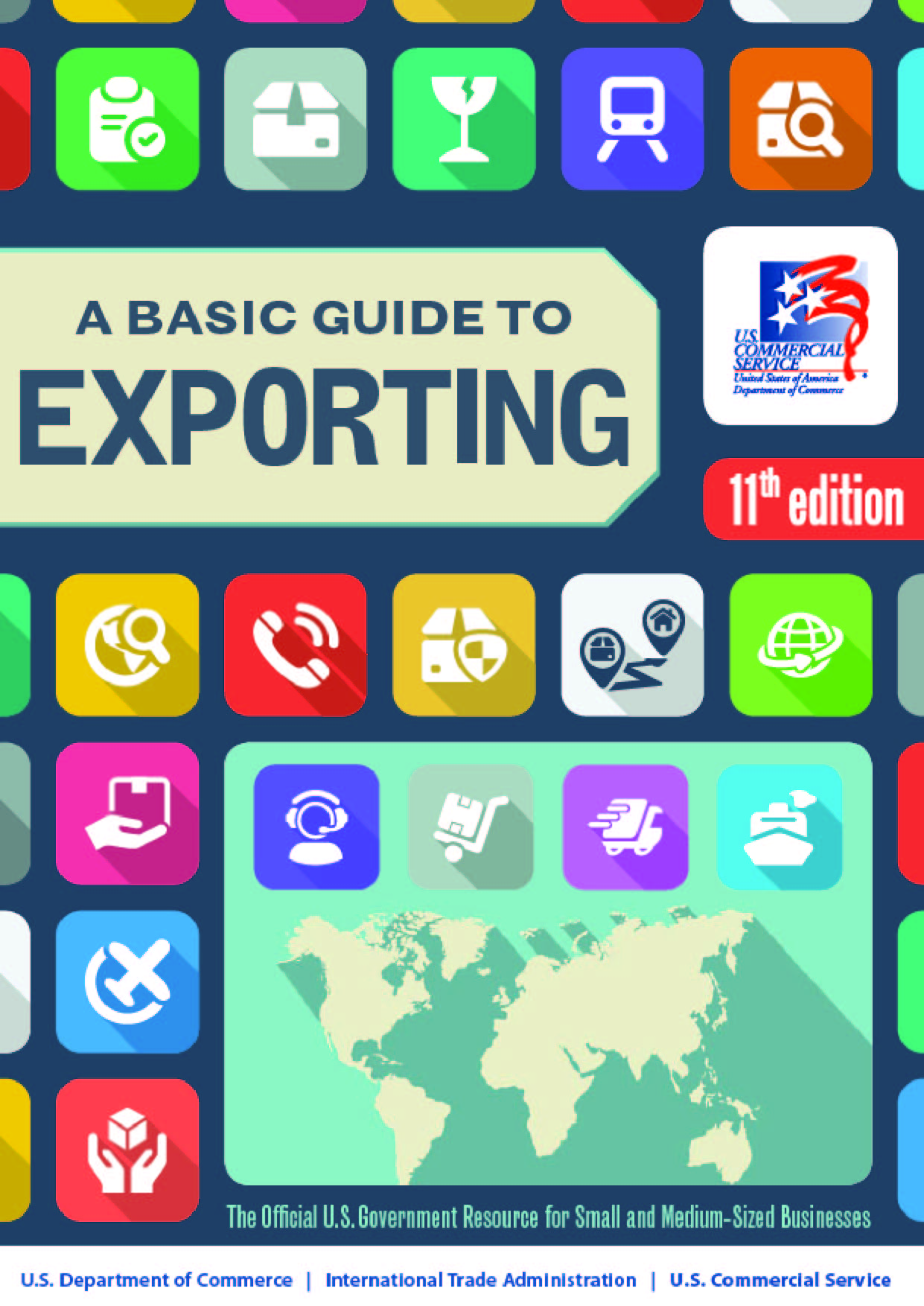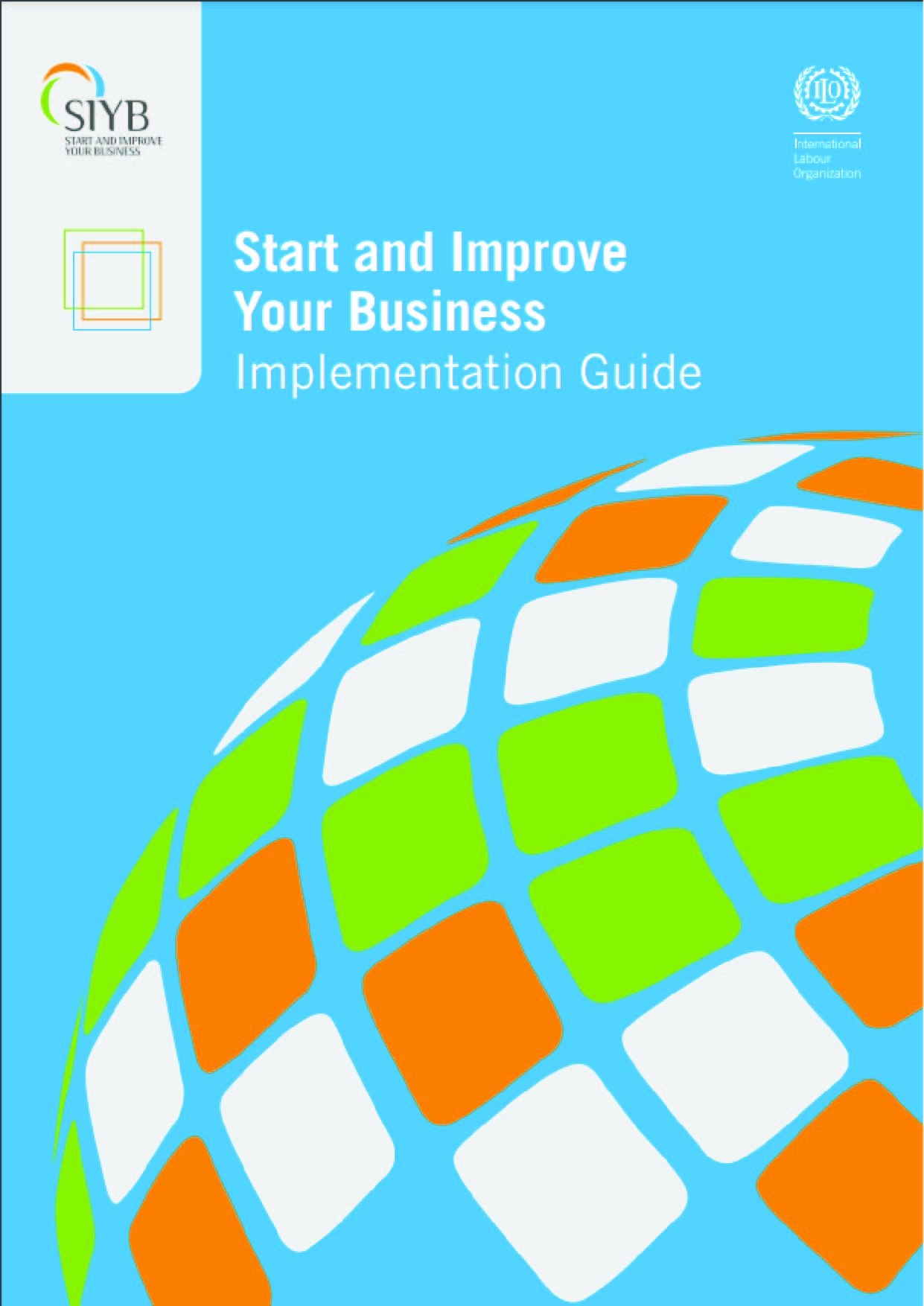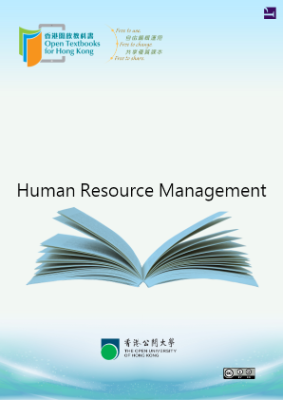The purpose of this topic is to look at the nature and purpose of the science of economics. The methodology is studied. A distinction is made between positive (or descriptive) economics and normative (or political) economics. Different branches of economics are classified. Some pitfalls of economic analysis are mentioned.
NATURE OF ECONOMICS
Economics is a social science that studies the human behavior in consuming, producing and distributing goods and services. It recognizes that productive resources are limited, and that all people’s material wants cannot be satisfied. It seeks to find the most efficient utilization of productive resources for the purpose of attaining the maximum satisfaction of human material wants. Economics usually examines problems from the point of view of a society.
METHODOLOGY
The science of economics uses models. Models are simplified structures of the real word using many generalizations and assumptions. Hypotheses are first proposed. Each hypothesis is tested with empirical data. If verified the hypothesis becomes a theory, law or principle. Models are also used to make predictions. Economics is concerned with the material well-being of people. It seeks to explain why and how this is achieved.
MODELS
A model is a simplified structure of the real world which depends on various generalizations and assumptions. Models are used in descriptive economics to formulate principles and in political economics to propose policies. Usually, a model of an entire country requires that all workers be assumed to be exactly the same. All goods produced are also assumed to be the same, as if only one good were produced. Likewise, all tastes are assumed to be the same.
CETERIS PARIBUS
It is a common assumption which states that nothing else changes. The law of demand establishes the relationship between the quantity an individual is willing to buy, and price. It is usually necessary to keep income unchanged, and assume that tastes do not change. Otherwise, quantity could change because of changes in income or tastes, and nothing could be said about changes in quantity due to price changes.











